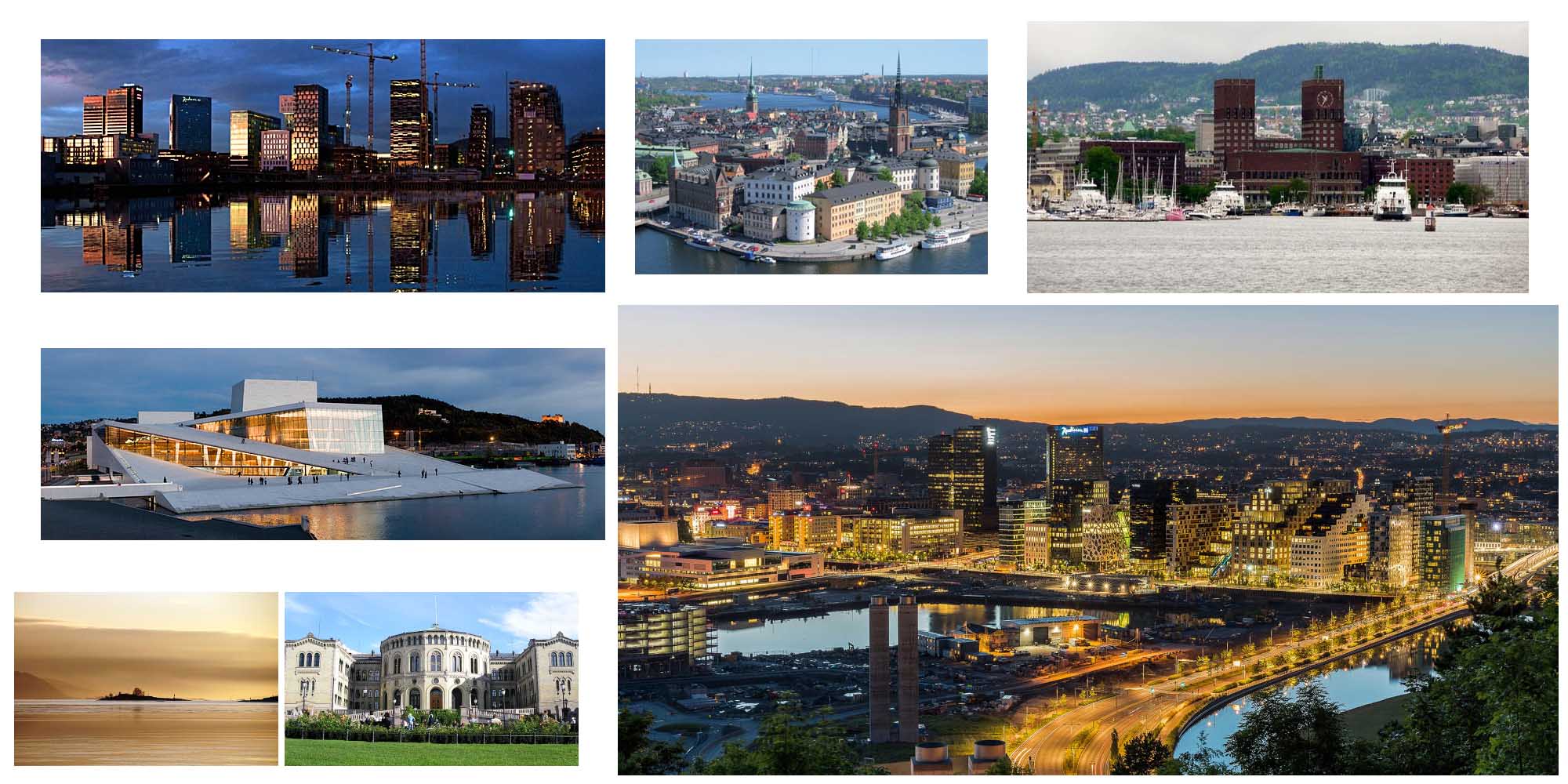National parks
21 Norwegian national parks (tooth. frame on previous pages) created to protect wildlife and the characteristic features of the natural landscape. In many cases, it is not just about protecting a specific element, but for the prevention of civilization development in the wild areas that have survived to this day. Thus, the boundaries of a park do not necessarily coincide with the boundaries of scenic natural areas or the boundaries of an ecosystem, but they simply delimit the reach of uninhabited areas.
Compared to other national parks in the US, Great Britain or other countries, Norwegian national parks are very modest. There are no roads or excess infrastructure for tourists, which in other Western countries turned parks into transplanted elsewhere (or seasonal) “Urban areas”. Some parks, especially Jo-tunheimen and Rondane, experience more and more tourist raids, which affects them adversely, but most parks have erosion, pollution or disturbance of wildlife has been kept to a minimum.
It is even more peaceful in the reserves, hardly anyone comes here. This is mainly because of this, that they are usually closed during the rearing period, which is superimposed on the peak of the tourist season (from May to July). In Norway, apart from national parks and reserves, there are plenty of beautiful places, wild corners, it is therefore not necessary to limit your travel plans to nature only to protected areas.
National park regulations, nature reserves and other protected areas are – as you can expect in Norway – very strict. Generally there are no restrictions on admission to national parks and no fees. Car owners, however, must almost always pay for the use of the road leading to the park. It is not allowed to litter, pluck plants, collect minerals or fossils, hunt, disturb the peace of the game or use motor vehicles off the road.
For more information on national parks and reserves, contact your local tourist information offices or the information center of the Ministry of Environment (Miljoyerndepartment Informasjonssenteret; tel.22345787, fax 22342756], Myntgata 2, N-0030 Oslo.
